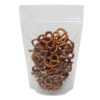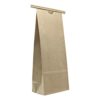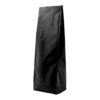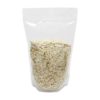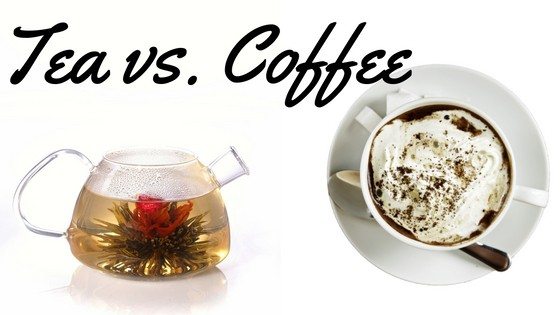Blog
Tea vs. Coffee
Evidence of tea drinking has been found in multiple cultures dating back thousands of years ago. The earliest known reference to tea drinking comes from the 3rd Century AD, during the Shang dynasty in China. It is found in a medicinal text because, most of the early uses for tea were medicinal.
Now, I’m primarily a coffee drinker. I go through phases of “over-caffeinating” hourly and quitting cold turkey. Often, I drink tea as a soothing replacement for my hot, caffeinated delight, and I never hate it. A good cup of tea can be a lovely, calming experience. There are also a myriad of benefits, such as green tea’s metabolic boost. That’s why this blog is not about coffee, it’s about it’s mildly contentious sister, tea.
The reason that tea works for me when I’ve sworn off coffee for the 90th time is that a nice, refreshing green tea has a little hit of caffeine that means I won’t have to suffer the usual withdrawal migraine and I won’t easily suffer caffeine intoxication. An iced green tea in 100 degree weather is also much more refreshing than my beloved cold brew. Tea offers a plethora of benefits that coffee cannot match, and that’s why it will continue to compete for the world’s affections and top beverage spot until the end of time.
While both coffee and tea are made with (mostly) water, tea is much better at hydrating your body and keeping it hydrated. First of all, tea has a higher dissolving-to-water ration than coffee and what hydrates better than water (literally nothing). I’ve just recently seen the myth that caffeine contributes to dehydration debunked; the thing is, drinking too much caffeine can lead to jitters and headaches, which are best treated with plain old water or a nice cup of tea (which is, again, majority water). If you’re like me, a former soda guzzler, a lightly sweetened iced tea can usually hit the spot, without the excessive calories and sugar (and dehydrating effects). In addition to keeping your thirst quenched, tea has been proven to live up to its earliest medicinal days. Studies have shown that regular consumption of tea is linked to reduced chances of certain types of cancer. There’s not a clear reason why, but it’s something to keep in mind.
Some experts also suggest that caffeinated tea actually has a more lasting effect on energy levels. Some teas have just as much caffeine as coffee but coffee produces a bigger depression, or crash, than tea. It’s true, coffee tends to give you that initial rush of energy; but, that energy is likely to taper much more quickly than if you had had a nice cub of Earl Grey.
Tea also is known for its generally high antioxidant content, something that is simply not present in coffee. Antioxidants are important because they get rid of damaging oxidation, which can leave you looking tired, aged, and just not refreshed. Cleansing your body of toxins is a guarantee that you will feel amazing and look it too. Also, a personal tip: I switch to green tea on hangover days; the antioxidants help get rid of the alcoholic poisons still lingering in my body, it hydrates me and it has that easy boost of caffeine which counter-balances my need to sleep for 24 hours straight.
As I mentioned before, tea, green tea in particular, has been noted for its weight-loss benefits. Green tea, which is caffeinated, seems to kick start the metabolism. Tea is also generally drunk plain or with honey, meaning that, it’s a low-calorie alternative to a syrup-filled latte, or even a milky cappuccino. You’re getting your caffeine and your warmth (or coolness) without drinking a day’s worth of calories.
This final reason that tea may, sort of outshine coffee can, partially, also be applied to coffee, at least as far as modern coffee culture goes. Tea is shown to help reduce stress. Green tea (which is apparently god in hot-beverage form) has proven antidepressant effects and can boost your mood. The stress-reduction also comes in the form of socialization; tea is used all over the world as a social beverage, to serve to guests for bad occasions or good; it is used in many cultures as a bonding tool. These days, almost every time I make plans to see an old friend, it’s for a coffee date. The coffee shop is becoming the living room parlor (at least in metropolitan areas) and coffee the bonding beverage. That’s not to say that people don’t do the tea thing as well. I do believe that tea has a more stress reducing effect; over-consuming coffee increases anxiety, which can lead to headaches and jitters.
None of this is to say that you have to give up your daily espresso; I’m definitely not going to until the next time that I do. It’s just something to consider. If you’re looking to minimize your drinking calories, and give your weight-loss a boost, switch to green tea sometimes. If you’re feeling down, do the same. If you’ve gone a little too hard with the old college buddies, remember that you want to get the toxins out of your body as fast as possible. It’ll never be coffee, but, I have to admit, tea ain’t so bad.

